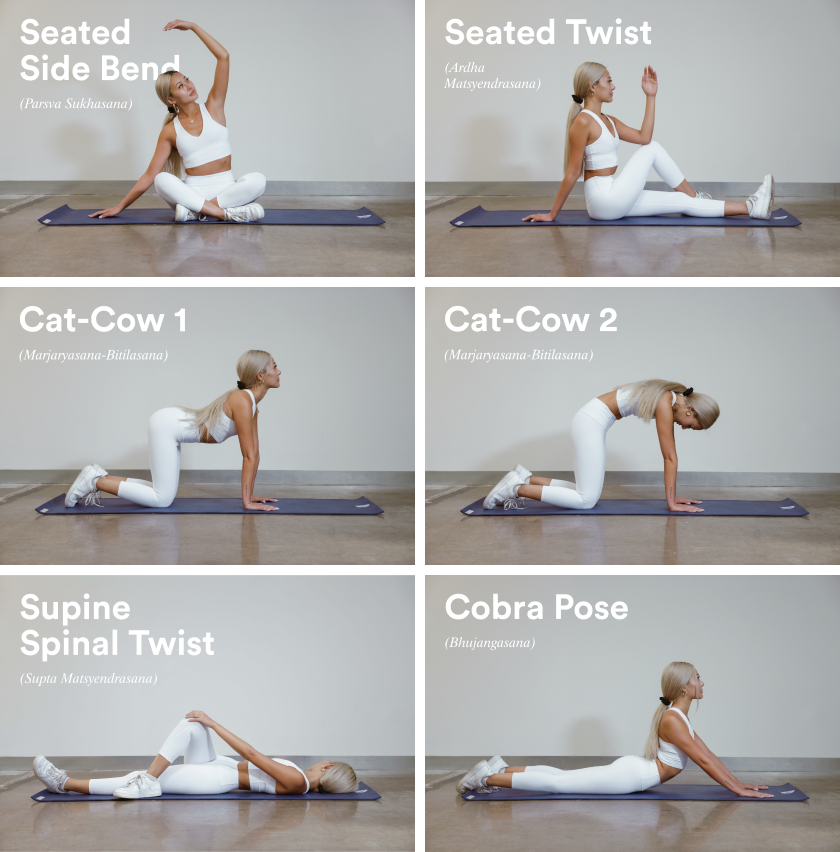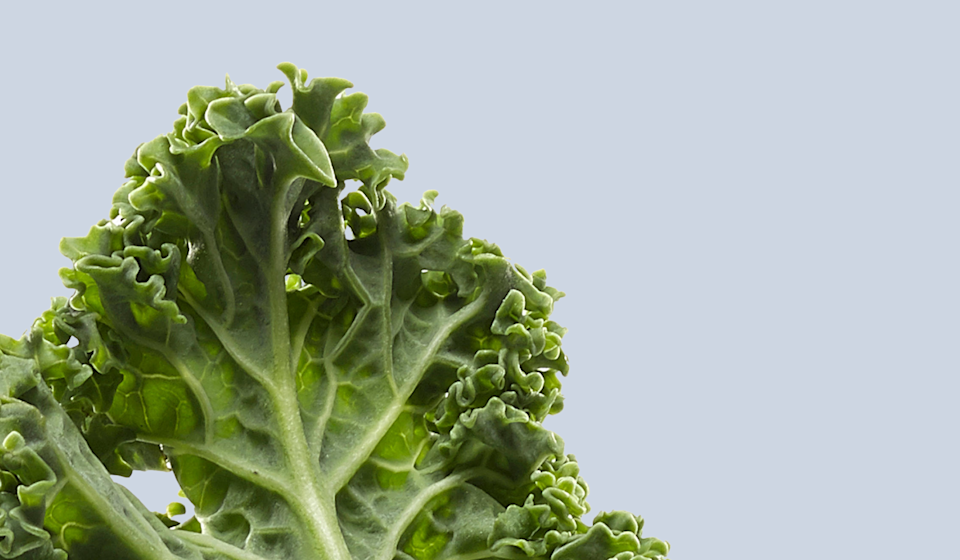Essential Takeaways
- The holidays are filled with festivities—sipping cocktails, getting seconds (or thirds), noshing on comfort food… It’s all part of the season’s magic.
- Enter: Food comas. We’ve all been there. Consider this your guide to getting back on your feet after a night—or season!—of indulgence.
Reminder: The holidays come around once a year—and from our POV, that time is best spent connecting with loved ones, indulging in delicious food and drink, and otherwise luxuriating in all the magic the season has to offer.
What’s not so festive? Our tendency to feel guilty after the noshing comes to an end. Whether it’s because of that too-stuffed-to-breathe sensation some of us get after a big meal (post-Thanksgiving dinner nap, anyone?), or simply the predilection society has for diet culture (no, thank you), we could all use some practical tips in this arena.
Luckily, we’ve got two. First, instead of being hard on yourself, consciously choose to savor every bite and sip, sweet or savory. Second? Follow the advice below. You’ll be back to feeling like yourself in no time.
But first… What is a food coma? Do they really exist?
Good question! It depends how technical you want to get. In terms of the science, there’s actually not much that shows the food coma effect is “real”—at least not in terms of a universal phenomenon (or well-understood underlying mechanisms). Like most things when it comes to our bodies, post-meal drowsiness is individualized; it can vary greatly depending on the person, the foods and beverages being consumed, and a variety of other factors. (1)
That said, the term is often used colloquially to describe the onset of drowsiness following a large meal—think traditional holiday spreads filled with starchy, carbohydrate-rich dishes, like pasta, mashed potatoes, and stuffing. Chances are, you’ve encountered the tell-tale effects before—drowsiness, sleepiness, bloating, low energy… They can all be par for the course after consuming an increased amount of food, but one thing’s for sure: When you’re feeling it, you know. (1)













